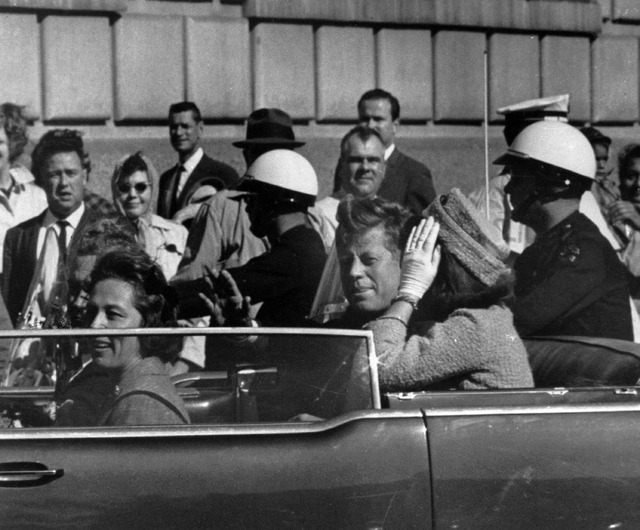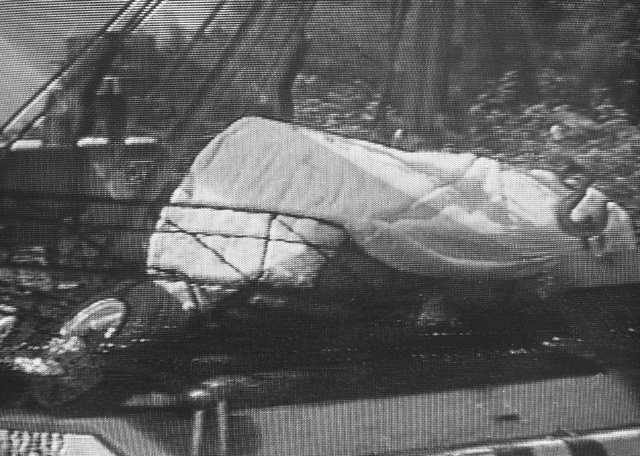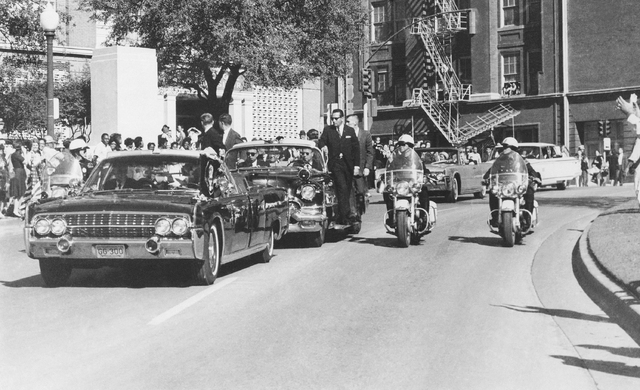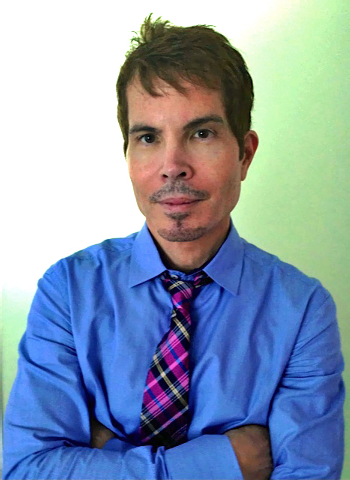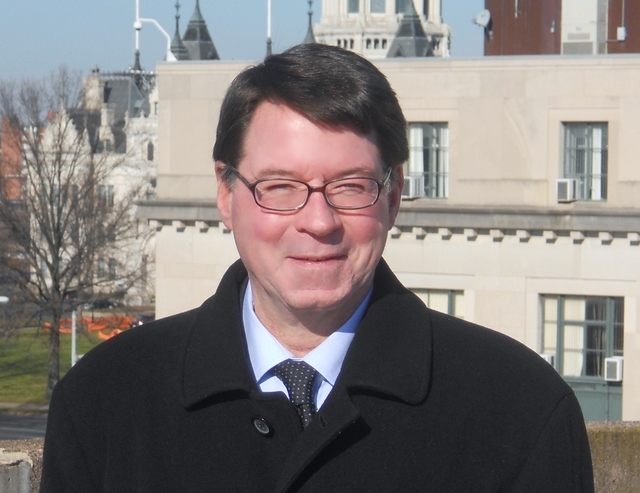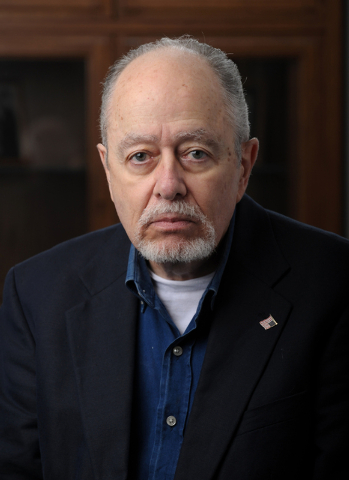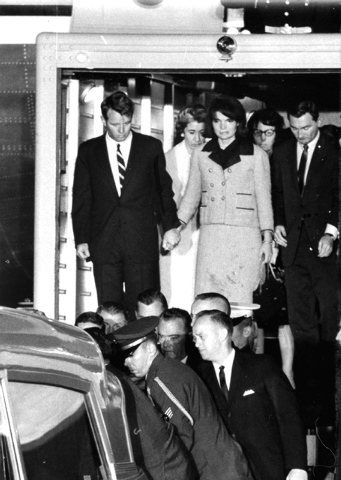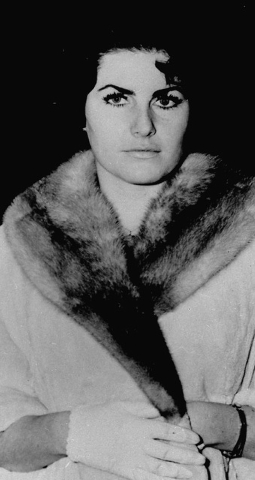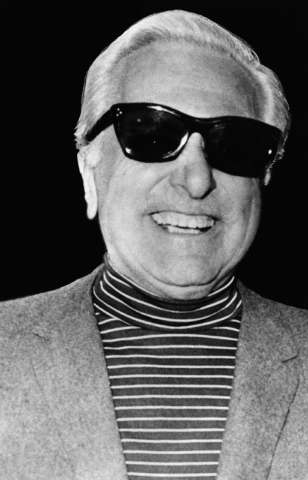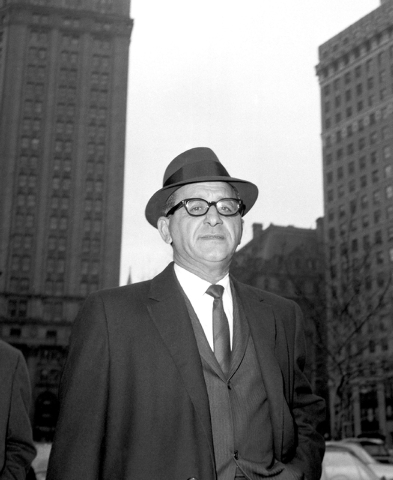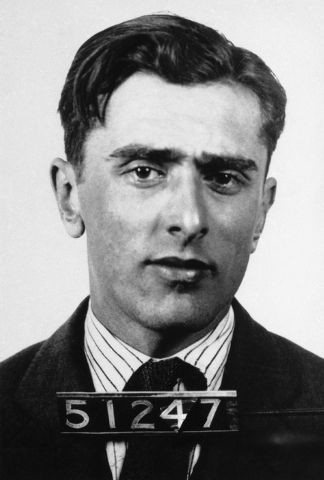Kennedy assassination still stirs controversy
There aren’t many satisfying answers when it comes to the assassination of President John F. Kennedy in 1963. But that doesn’t make it less fascinating to keep asking questions.
That’s probably why a standing-room-only crowd crammed into a downtown Las Vegas museum Thursday to hear a panel discussion on the subject that included three experts debating different theories.
“There is not one element of the assassination investigation that is not contested,” said G. Robert Blakey, chief counsel to the House Select Committee on Assassinations, which investigated the assassination in 1977.
Blakey argued Lee Harvey Oswald, the man arrested for the assassination, didn’t act alone in committing the crime in Dealey Plaza in Dallas.
“Two shooters in the plaza, that makes a conspiracy, and the guy that we caught is killed within 48 hours,” Blakey said, referencing the subsequent murder of Oswald by mob-connected club owner Jack Ruby. “That was a mob assassination of Oswald. And why would the mob want Oswald dead, but for the fact the mob wanted Kennedy dead.”
Another Kennedy assassination researcher, forensic historian and author Patrick Nolan, argued an even more elaborate theory.
Nolan, who wrote “CIA Rogues and the Killing of the Kennedys: How and Why US Agents Conspired to Assassinate JFK and RFK,” weaved the possibility of shadowy government officials using patsies and ideas learned through experiments with hypnosis to pull off the assassination.
Nolan laid the blame at the feet of former CIA chief James Angleton and other “right-wing zealots” who wanted Kennedy out of the way.
“Only they had motive, means and opportunity to carry out these types of operations,” Nolan said.
He said relations between Kennedy and the agency were strained from the earliest days of the administration in large part due to a botched military invasion of Cuba in 1961.
“He became very wary of the CIA especially because he felt he had been duped by them in the Bay of Pigs,” Nolan said.
Unlike the other panelists, author Gerald Posner argued that Oswald acted alone.
Posner, author of the 1993 assassination book “Case Closed,” presented a portrait of Oswald as a disturbed and violent man determined to leave a mark on history.
Even before the Kennedy assassination, Oswald tied and failed to kill Texas gubernatorial candidate Edwin Walker, he said.
After failing to kill Walker, Posner said Oswald still considered himself a “hunter of fascists” and set his sights on Kennedy after he learned the presidential motorcade was going to roll by his workplace, the Texas School Book Depository.
“He has decided he is going to kill someone and he selected his target,” Posner said.
He said Oswald would have been pleased to see the high level of interest in the crime decades later.
“This is a man who nearly 50 year ago ended Camelot in Dallas,” Posner said. “And today we are still talking about it. He would love that.”
The event packed about 100 people into the main courtroom in the former federal courthouse and post office that was converted into the Mob Museum.
That a talk about the Kennedy assassination remains a draw in Las Vegas nearly 50 years after it happened is no surprise. In life and death, Kennedy and his famous family were intertwined with Nevada lore. Even before Kennedy was elected in 1960 he maintained political and social connections in the state.
Politically, Kennedy cultivated support from former Gov. Grant Sawyer, known for establishing regulations aimed at ridding the gambling industry of organized crime. Socially, Kennedy spent time with crooner Frank Sinatra, who maintained connections to the mafia and others who lived fast lifestyles in Las Vegas.
“If there really was a mob connection it is hard not to imagine it came through Las Vegas somewhere in those days,” said Michael Green, a historian and professor at College of Southern Nevada.
Contact reporter Benjamin Spillman at bspillman@reviewjournal.com or 702-383-0285. Follow him on Twitter @BenSpillman702.



